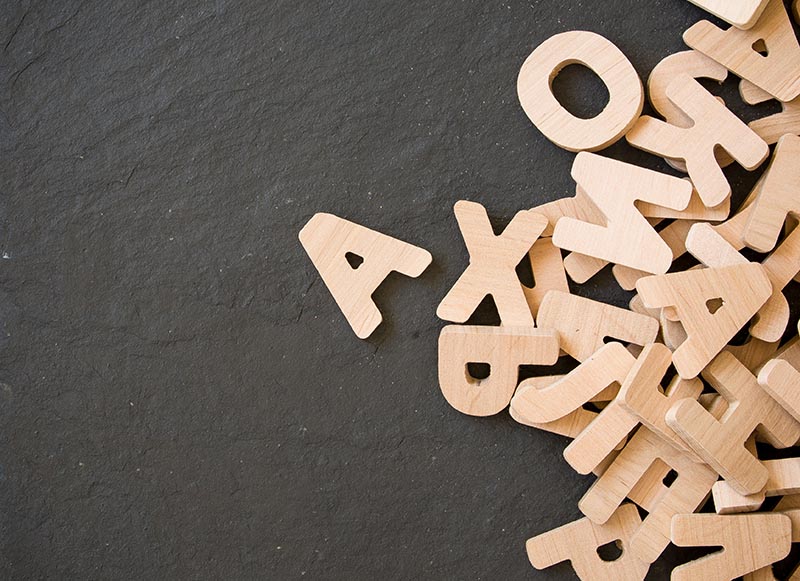
Russian is a Slavic language of the Indo-European language family. It is a native language for about 150 million people and an official language in Russia, Belarus, Kazakhstan, and Kyrgyzstan. Despite the fact, that Russian does not have a status of the official language in other countries of the former USSR (Ukraine, Moldova, Latvia, etc.) it still widely spoken there.
Understanding the similarities and differences between your native language and the language you are going to learn is a first step towards successful language acquisition.
| Russian | English | |
| Alphabet | Cyrillic (32 letters) | Latin (26 letters) |
| Vowel sounds | 5 sounds. No distinction between short and long vowels | 12 sounds: 7 short and 5 long |
| Consonant sounds | 20 consonant letters designate 37 consonant sounds | 20 consonant letters designate 24 consonant sounds |
| Word order in a sentence | Flexible | Fixed |
| Articles | No articles. However, there are some ways of expressing whether a noun is definite or indefinite: word order, the use of plurals and demonstrative pronouns, etc. | Definite, indefinite and zero articles |
| Declension | Nouns, pronouns, adjective, demonstratives, most numbers, ordinals and other particles are declined for number (singular, plural) and gender (masculine, feminine, neutral) | Nouns have distinct singular and plural forms |
| Subject–verb agreement | Verbs agree with subjects in person and number (non-past tense) or in number and gender (past tense) | Verbs agree in the third-person singular of the present indicative |
| Forms of address | Familiar “ты” and respectful “Вы” | A word “you” for both familiar and respectful forms |
| Grammatical genders | Three genders: masculine, feminine and neuter. In contrast to English, you need to know the gender of each noun (even of inanimate thing or animal) because it affects on endings of other words in the sentence. | Three genders: masculine, feminine and neuter. |
The above are the main differences between the Russian and the English languages and this list goes on. However, it is enough to understand the nature of the language we are dealing with.
Here are some fun facts about the Russian language, which may give you more information about this language.
Check out the full list of the most interesting tours in Russian cities.